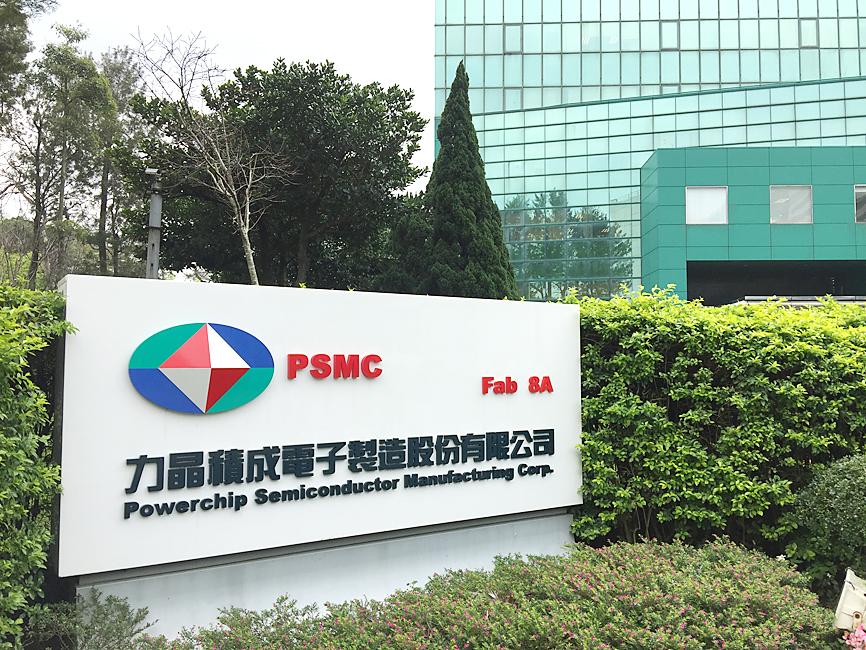In a strategic move aimed at bolstering the global semiconductor supply chain and reinforcing Japan’s position in the tech industry, Powerchip Semiconductor Manufacturing Corp. (PSMC), a prominent Taiwanese semiconductor contract manufacturer, is set to build a state-of-the-art semiconductor plant in Japan’s northern prefecture of Miyagi. This move has been highly anticipated and has the potential to contribute significantly to the stability of chip supplies, especially for industries like automobiles.
The new plant is slated to commence operations as early as 2026, offering a timely solution to the ongoing semiconductor shortage that has impacted various industries worldwide. PSMC, in collaboration with SBI Holdings, a distinguished Japanese investment company, announced their plans in July to establish this semiconductor manufacturing facility in Japan. They have been actively scouting for an ideal location, and it has been reported that they are on track to finalize their agreement by the end of this month.
The project’s initial phase will see a massive investment of approximately 400 billion yen (roughly $2.6 billion). To further incentivize and support this venture, Japan’s Ministry of Economy, Trade and Industry (METI) is expected to provide subsidies. Miyagi prefecture was chosen as the site for this groundbreaking facility due to its existing concentration of automotive industry plants and well-established logistical infrastructure. Candidate locations within the vicinity of Sendai city, the largest city in the prefecture, are under consideration.
PSMC’s ambitious plans encompass the construction of several semiconductor manufacturing plants. The first phase’s construction is slated to commence in 2024, while the detailed plans for the second phase will be worked out later. The overall investment for this monumental project is anticipated to reach approximately 800 billion yen.
METI is taking active measures to bolster Japan’s semiconductor industry, aiming to allocate around 3.4 trillion yen to the semiconductor fund within its proposed fiscal 2023 supplementary budget. It is expected to designate up to 140 billion yen to support PSMC’s endeavors in the first phase of the project, underlining the critical role semiconductors play in national economic security.
To execute this venture, PSMC and SBI will establish a joint venture company in Japan to oversee operations at the plant. SBI is contemplating financial support for the new company through its affiliate, SBI Shinsei Bank, along with regional partner banks. PSMC will contribute its technological expertise and human resources to ensure the project’s success.
The new plant’s primary focus will be the production of semiconductors for arithmetic processing, with circuit line widths ranging from 55 to 28 nanometers. These semiconductors are essential components for both the automotive and IT industries. The facility is projected to achieve a monthly production capacity of 10,000 silicon wafers with a diameter of 12 inches.
The Japanese government has been actively courting major foreign semiconductor companies, encouraging investments to enhance economic security. The establishment of PSMC and SBI’s new plant is expected to fortify Japan’s semiconductor supply network, making it easier for domestic companies to procure these vital components.
It’s worth noting that other prominent players in the semiconductor industry are also expanding their presence in Japan. Taiwan Semiconductor Manufacturing Co. (TSMC), the world’s largest contract manufacturer, is in the process of building a semiconductor plant in Kumamoto prefecture, with the aim of starting operations next year. In Hiroshima prefecture, U.S. semiconductor giant Micron Technology is similarly increasing its production capacity for semiconductors used in data storage.
Rapidus, a domestic semiconductor manufacturer aiming to produce cutting-edge chips, commenced construction of a new chip plant in Hokkaido in September. Additionally, Rohm is preparing to launch operations at a power semiconductor factory for electric vehicles in Miyazaki prefecture by the end of 2024.
The combined efforts of these semiconductor giants and local companies underscore Japan’s determination to secure its position in the global tech industry and ensure a steady supply of vital semiconductor components. PSMC’s entrance into Japan is a significant step toward this goal, promising a more stable and resilient semiconductor supply chain for various industries.
(Source: Nikkei Asia | Reuters | Japan Times)









